In the dynamic field of corporate social responsibility (CSR), the pivotal challenge is the matchmaking between funders and non-profits. This involves more than just financial alignment; it’s a quest for shared visions and goals. Effective CSR partnerships are built on a foundation of transparent operations, mutual understanding, and a commitment to measurable social impact.
Here, we delve deeper into these areas, reflecting the detailed discussions from the webinar.
-
The Matching Challenge
- The journey to finding the right partner is complex for both funders and non-profits. This process is more than just financial alignment; it’s about finding shared visions and goals.
- Non-profits face challenges in outreach, often dealing with rejections, while funders are focused on selecting collaborators that align with their vision and mission.
- This necessitates clarity in communication and a shared dedication to creating impact, as underscored in the discussions.
-
Onboarding New Partners
- Corporations, when onboarding new partners, adhere to stringent guidelines and compliances, as noted by Tejal.
- A potential partner’s vision statement, program impact, and on-ground presence are essential criteria for sustainable collaboration.
- These factors ensure that partnerships go beyond financial aspects and are deeply rooted in mutual values and objectives.
-
The Role of Aggregators
- Priya highlighted the aggregator’s role in ensuring the right fit between partners.
- Aggregators look for transparent compliances, strong project alignment, and clear vision statements, ensuring NGOs meet corporate requirements and have credible backgrounds.
- This rigorous selection process is vital for establishing trustworthy and effective partnerships.
-
Flagship Programs and Proposals
- Aligning a non-profit’s flagship program with a corporation’s CSR strategy suggests a deeper level of engagement and shared objectives.
- Proposals need to be compelling, outlining clear requirements, impacts, and transparent budgets.
- Examples of successful collaborations, like Priya states a funding deal where Samhita worked with USAID, and the program ran so successfully that they came up with a returnable grants program for almost 33,000 beneficiaries. Similarly, Tejal narrates an episode where an NGO was funded for six years after witnessing the successful program execution.
-
Ownership and Over-Delivery
- The importance of taking ownership and over-delivering cannot be overstated in building trust and strong relationships.
- These practices are reflective of an organization’s ethics, commitment, and dedication to the cause.
-
Challenges in Finding Donors
- The process of securing suitable donors and crafting effective pitches requires persistence, innovation, and a focus on relationship-building.
- Overcoming these challenges is key to staying motivated and focused on the mission.
-
The Evolving Corporate-Nonprofit Relationship
- The partnership between non-profits and corporates in CSR is continuously evolving, necessitating genuine, hard-working, and impactful collaborations.
- Demonstrating on-ground presence, accountability, and commitment to missions is crucial for both parties.
In conclusion, the ‘Grants and Beyond’ webinar, with insights from experienced leaders like Tejal Rajgor and Priya Naik, highlighted the importance of strategic alignment, effective communication, and mutual commitment in strengthening CSR programs. They also mentioned that the funders are looking for genuine, hard-working and impactful organisations. Non-profits must up their game by demonstrating impactful programs, strong on-ground presence, accountability and ownership of tasks, and investing in building strong relationships.
The Centum Foundation is dedicated to fostering a community that is committed to sustainable and impactful change, sharing insights and strategies that propel CSR forward. This journey is ongoing, and through such collaborative efforts and knowledge exchange, we aim to achieve greater societal good.
Explore how we’re creating meaningful social impact through CSR projects in Employability linked Skill development and education, transforming communities and building brighter futures across India.
| Contact Us | Skills & Employability | Education |


